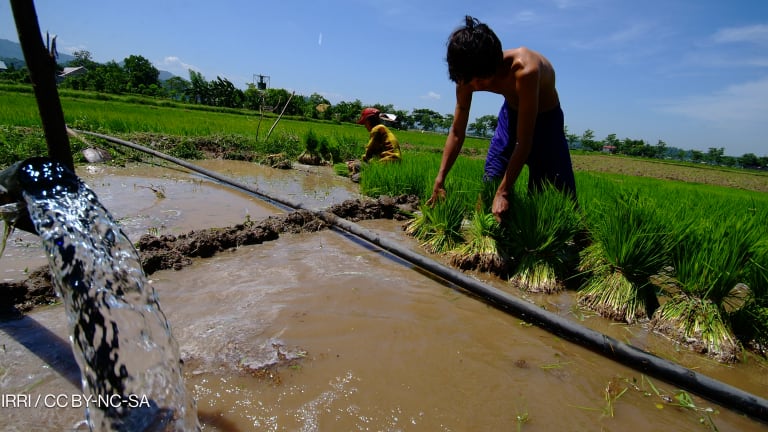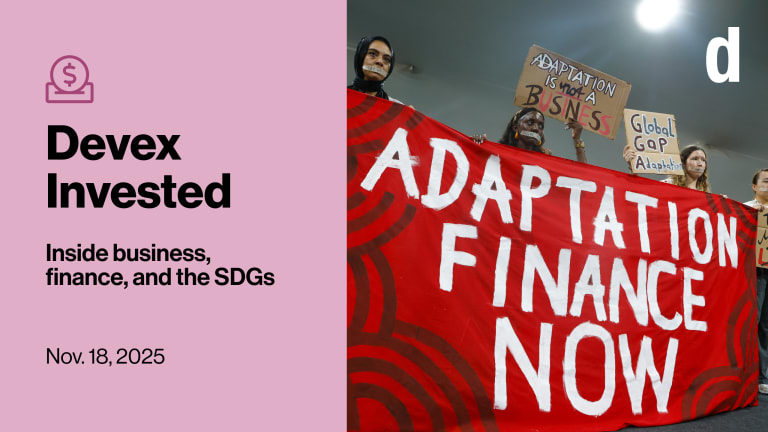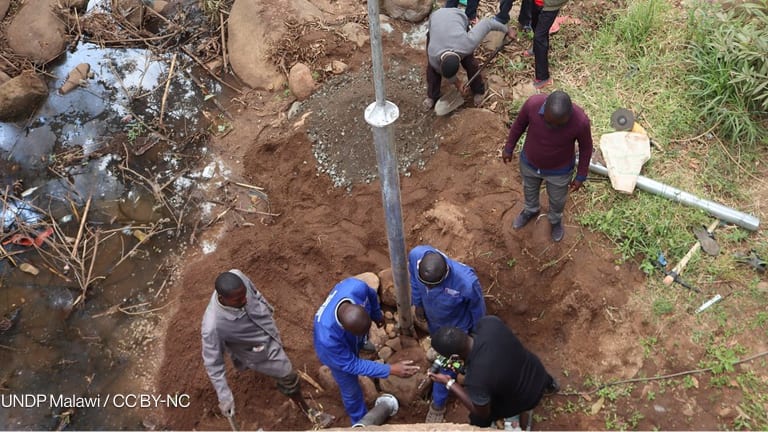For locally led adaptation to climate change to succeed, practitioners are calling for changes that mirror calls for decolonization in the development sector: redefining power dynamics, how knowledge is shared and valued, and how financing should be distributed.
Climate adaptation initiatives driven and implemented by local communities have seen a significant increase in recent years. This surge follows the endorsement of the eight Locally-Led Adaptation Principles by over 100 organizations as of November 2022. Despite widespread recognition of the importance of locally led adaptation, or LLA, conventional, top-down approaches mean that implementation continues to fall short.
LLA efforts are failing to authentically engage with and support local communities. “A significant disconnect exists between public policymakers and the ground realities faced by frontline communities,” Shajeea Khalid, policy and operations associate at Climate Finance Pakistan, explained.








